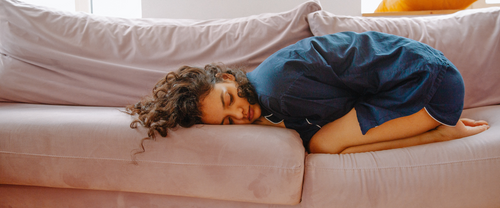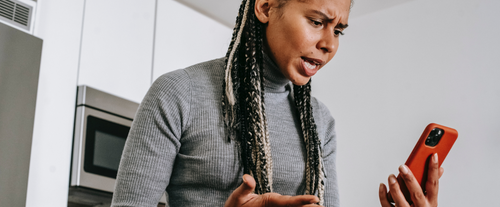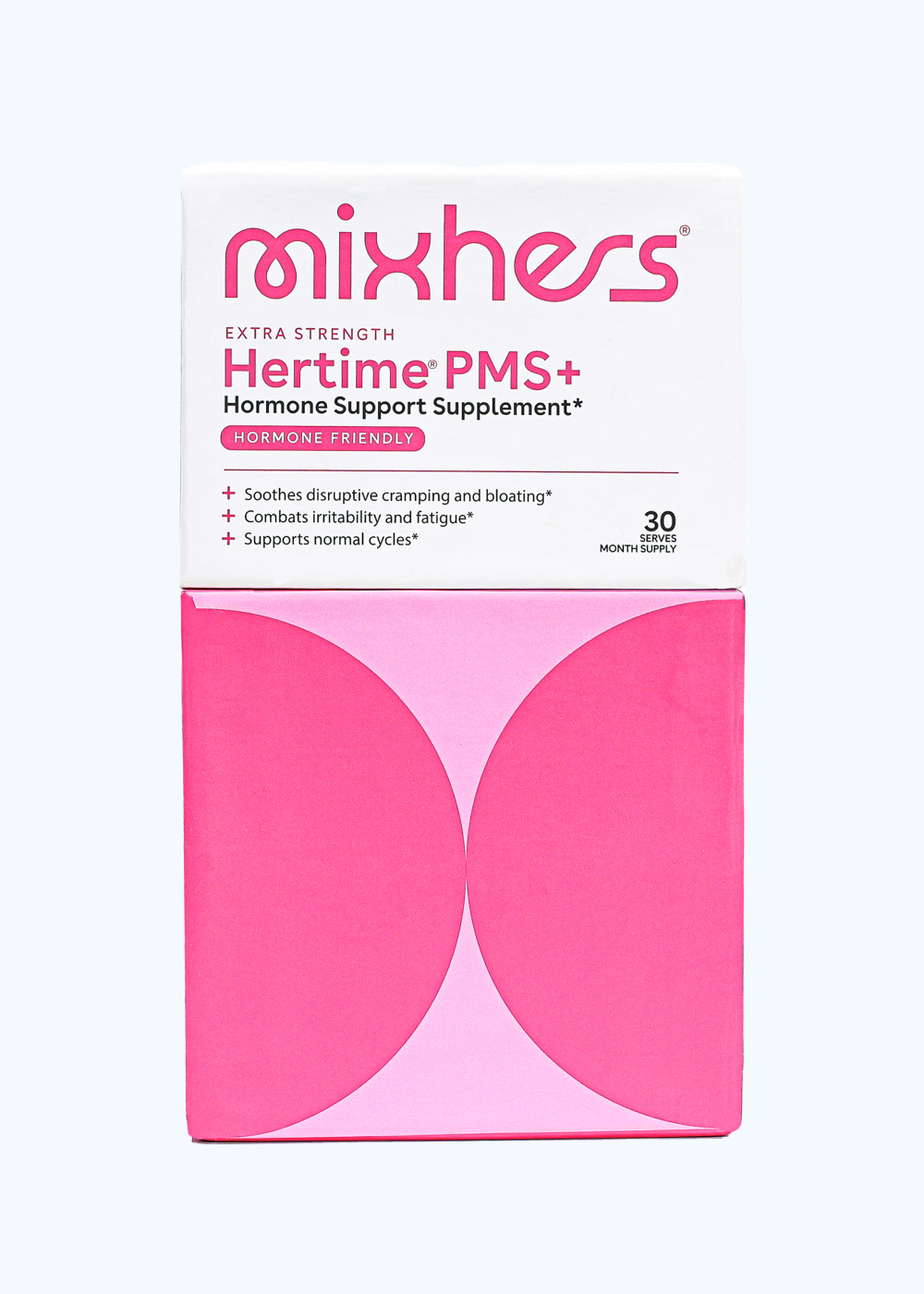If you still develop menstrual cramps despite your best efforts to prevent them, there are some treatment options available. Try one or more of the following self care solutions.
Some women who struggle with painful periods experience little relief from over-the-counter pain medicine. Others may find that only one type of pain reliever works for them. It’s important to try different over-the-counter pain medicines to see if there is a specific type that works best for your pain relief needs.
Heat can be very soothing when you’re experiencing menstrual cramps. Some ladies find that dry heat (such as a heating pad or hot water bottle) works best. Others prefer the pain-relieving properties of wet heat (such as a hot shower or bath). You can experiment with both options until you discover which one works best for your cramps. You may even find that alternating between dry and wet heat treatment works better than choosing just one or the other.
Research shows that some dietary supplements have good results in reducing period pain. Dietary supplements containing the following nutrients and herbs are especially helpful for balancing hormones and reducing unpleasant menstrual symptoms:
- Vitamin E
- Vitamin B1
- Vitamin B6
- Omega-3 fatty acids
- Magnesium
- Milk thistle extract
- White peony extract
- Siberian ginseng extract
- Dong quai extract
Hertime contains most of these ingredients, including a few additional natural ingredients that can help you enjoy a pain-free period. Plus, it tastes incredible, so you’ll actually look forward to taking it on the regular.
Stress can wreak havoc on your body and disrupt your delicate hormone balance. Too much stress (especially the psychological kind) can increase your risk of experiencing severe menstrual cramps. If you’re not sure how to reduce your stress, try talking to a therapist or psychiatrist. These visits can be very therapeutic and can teach you valuable coping skills to help you deal with stressors in your life.
Acupuncture may seem strange if you’ve never tried it before, but studies show that it is effective in relieving pain. Some research even suggests that acupuncture can help reduce the pain associated with menstrual cramps. Don’t worry, those needles don’t hurt as much as you might think. Some people describe the feeling of acupuncture as a slight warming sensation, while others think it feels more like a mild “buzzing” or electric sensation.
If you get queasy at the sight of needles, you may be better off trying acupressure. The idea behind it is similar to acupuncture, but there are no needles involved. Instead, the practitioner uses a finger or thumb to apply deep pressure to specific acupressure points. This treatment has also been shown to be an effective pain-reduction tool.
The Mayo Clinic suggests using a transcutaneous electrical nerve stimulation (or TENS) device as an alternative treatment for menstrual cramps. Though more research needs to be done to prove that a TENS device can provide you with monthly pain relief, studies show that the treatment is more effective at relieving menstrual cramps than a placebo.
A TENS unit consists of a handheld controller and adhesive patches that connect to the skin. These patches contain electrodes that stimulate nerves in treated areas by delivering adjustable levels of electric current to targeted parts of the body. It’s thought that TENS units work by releasing endorphins, which are the body’s natural pain killers. TENS units may also increase your body’s pain signal threshold. For best results, make sure you never turn up the electrical current in your TENS unit too high. Doing so could potentially lead to nerve damage.
If the above self-care methods don’t adequately reduce your period pain, consider asking your doctor about hormonal birth control pills. They contain hormones that prevent you from ovulating and may reduce the severity of your menstrual pain.












